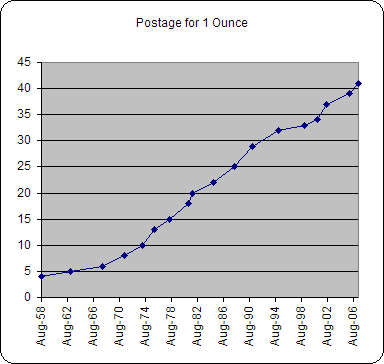It seemed like a good idea: grab one of the old items I keep on hand for later blog fodder. It should only take a couple of minutes to add some text and post it. Instead I got a reminder of just how transitory the web really is.
Often I’ll make a snip of part of an article, including key links, and save it for later when I can write something around it. The snip has just enough to show what the original article was about. It’s saved, instead of only saving a link to the article, to cover those cases where the original article goes away so I might be able to find it or something like it. I can write and post the subject at my leisure without being concerned with losing the information.
The snippet in question had two links. One of them was incomplete. That was my fault for being lazy and not looking at the link when I saved it, because it was only a relative link (no www.wherever.com portion). Easy enough: Google the subject and find the new link. It almost worked because the website was still there but the page names had changed. Still, that fixed it. Upon finding and re-reading it, it was just a reference to a Rolling Stone article.
The RS article was gone, too. I knew the subject, and Googled again to find the new location for the 100 “greatest” guitarists of all time
That link was only intended as a backup from the original story, which I finally found: 50 “Worst” Guitar Solos Of All Time. What I was interested in was the article it talks about; really it was just another snip. Unfortunately, the story is all that remains because the article it talks about, originally at http://www.pitchforkmedia.com/top/solos/, has been deleted. (Remember, that’s why I saved the snippet in the first place — so I could find it again.)
Task finally completed thanks to Google and the Wayback Machine, because I finally found the Worst Solo article there.



